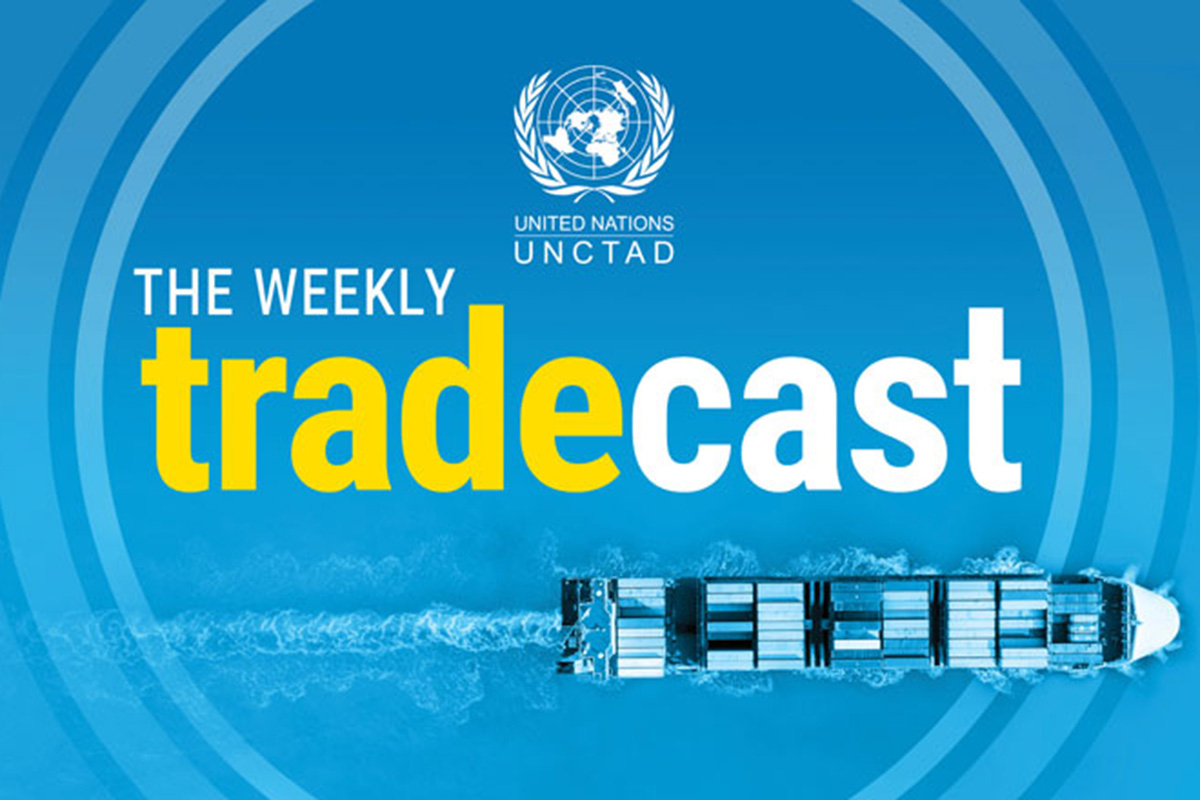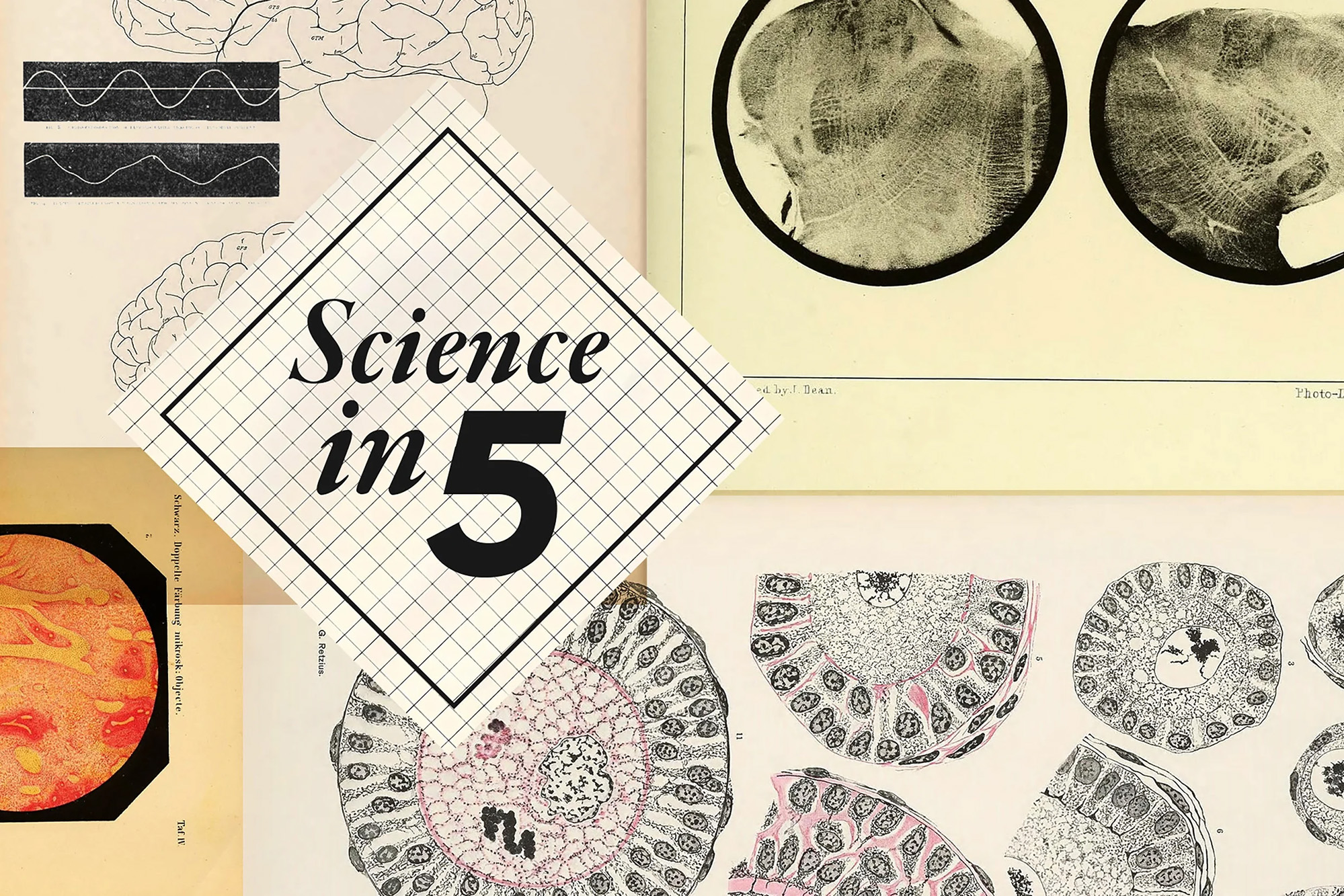In Sudan, the conflict between the national army and the paramilitary Rapid Support Forces (RSF) has plunged the country into widespread bloodshed and humanitarian catastrophe.
The devastating civil war began in April 2023 and is expanding beyond the western Darfur region into central Kordofan, taking its toll on civilians and particularly the most vulnerable, including children.
Eva Hinds, Spokesperson for the UN Children's Fund (UNICEF) in Sudan, describes how the agency is supporting boys and girls amid the brutal conflict and ongoing cuts to aid budgets.














